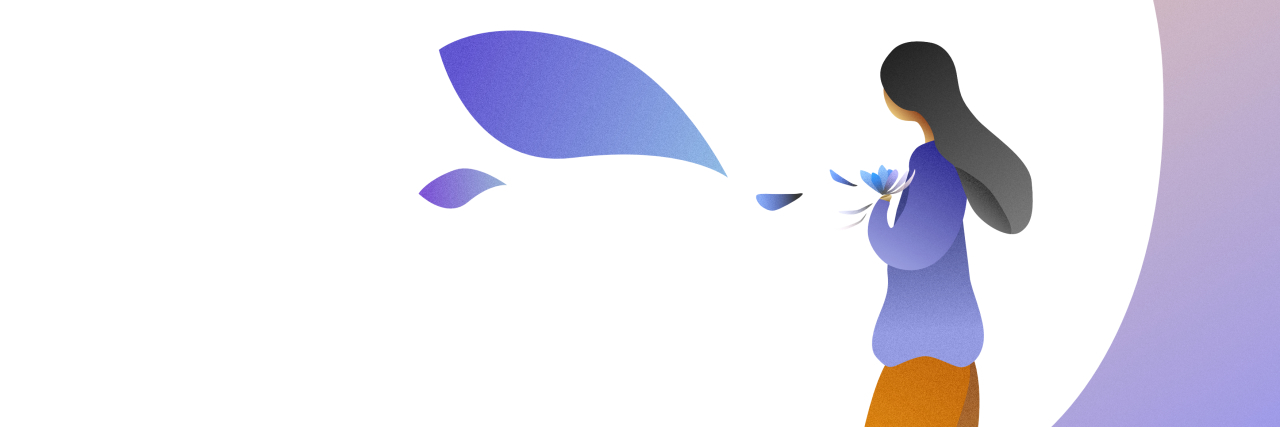I remember when I first received my diagnosis of bipolar disorder. At first, I was full of relief to finally have an answer. I had finally found a doctor who would listen to me and my suspicion was confirmed. Getting a diagnosis was incredibly validating. But I also found myself grieving, too.
• What is Bipolar disorder?
A few weeks after diagnosis, I was lying in bed staring at the ceiling and looking for the cameras that were watching me. It was then that I understood how truly sick I was and an overwhelming sadness took over. I sobbed into my pillow as I tried to explain to my husband but he didn’t understand.
My grief was unique to mental health and bipolar disorder. I found out I had a lifelong illness and with that, I also found out that I was “wrong.” Everything in my life was wrong.
I realized my perception of reality was different than everyone else. Often, my sadness would take over and my world was different. Where others saw color, I saw black. While everyone experienced joy in their childhood, I experienced the devastation of depression over and over.
I felt like I would never get to enjoy some of the basic experiences of life because my mania and depression often got in the way. I missed out on friends, sleepovers, sports, decent grades, college acceptance and even a stable traditional professional career. I missed out because of being so overtaken with my mental health. I will never get that time back.
Eventually however, my grief transformed into acceptance and I began to accept my life. My life experience is different than a person with a “healthy” emotional well-being and I have come to accept that. I have learned to be OK with living differently than others. I have learned to fall in love with the life I have, even though it is different.
Did you grieve the childhood you lost because of living with Bipolar Disorder?
I have also learned to accept my past and the missed opportunities I had. While other kids may have been playing games, I was writing or painting. My lonely childhood made me learn to be comfortable with my own company and my deep emotions made me explore writing even more, which has now lead me to a professional writing career as an author. Had I not experienced what I have, I would not be where I am today.
The grief of getting a bipolar disorder diagnosis was a painful, but also a necessary, step in my process of learning to live my life. I grieved my missed opportunities and the life I could have had if I hadn’t been born with bipolar disorder. But in the end, I learned to accept the life I do have and move past grieving what could have been. I need to live for today.
Getty image via XVI

